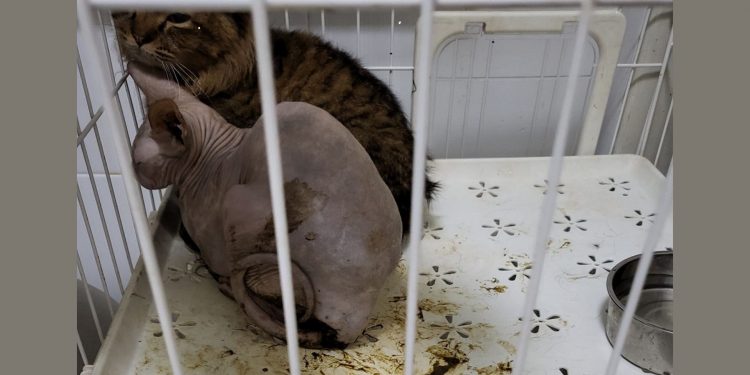Ms Jenny Lim has her hands full with two of her feline charges.
Both suffer from Feline Inflammatory Bowel Disease (IBD), a condition where a cat’s gastrointestinal (GI) tract becomes chronically irritated and inflamed and this disrupts its ability to properly digest and absorb food.
Without proper treatment and diet, the affected cats cannot absorb nutrients from their food and could die. Unfortunately the medication and special diet to treat IBD can initially cause chronic diarrhoea and that is why Ms Lim needs to clean up after them once every two hours.
Ms Lim runs the 2nd Chance Shelter and forks out large sums of money annually to treat the cats under her care, including these two.
“At first, the costs of medications and necessary treatments such as vaccinations were low. But in the last two years, I noticed that the prices have increased drastically for treatments and pet food modified for chronic conditions such as allergies and IBD,” she says.
Prices for prescriptive diets, especially those adjusted for chronic liver disease or kidney failure in cats and dogs, have risen regularly over the years, more so since the Covid-19 pandemic. When they are bought from veterinary clinics in Singapore, these special diets cost nearly twice as much as when they are purchased on Amazon, she adds.
These hikes in prices have burnt a large hole in Ms Lim’s pocket since last year. Her shelter takes in cats with all kinds of health issues that require special care and diets.
One of her cats is infected with the Feline Leukaemia Virus (FeLV), a leading cause of death among cats, second only to trauma. The virus causes anaemia or lymphoma and because it weakens the immune system, predisposing cats to deadly infections. Often cats infected with FeLV require special care and diet.
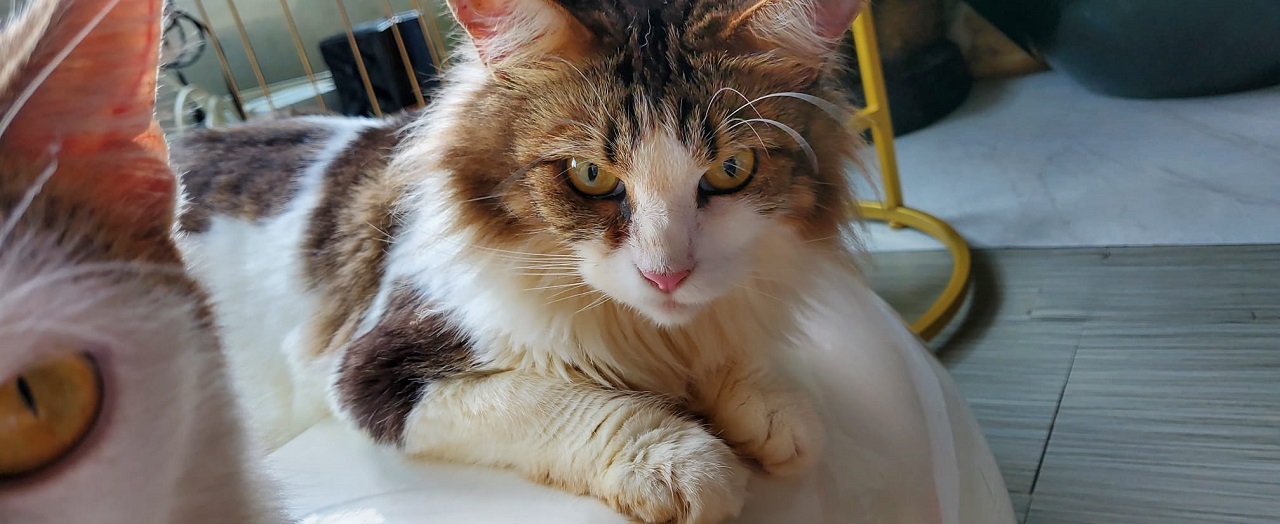
Ms Lim says, “A 10kg pack of Royal Canin prescription diet used to cost between $60 and $70, but now (it) costs about $180. Royal Canin reportedly notified local vets and clinics, and suppliers that their products would be about 25 per cent more expensive this year.’’
She adds that medical care for pets are high too. For instance, dialysis for pets costs between $500 and $600 per session, and the cost of dental extractions ranges between $250 and $350 a tooth!
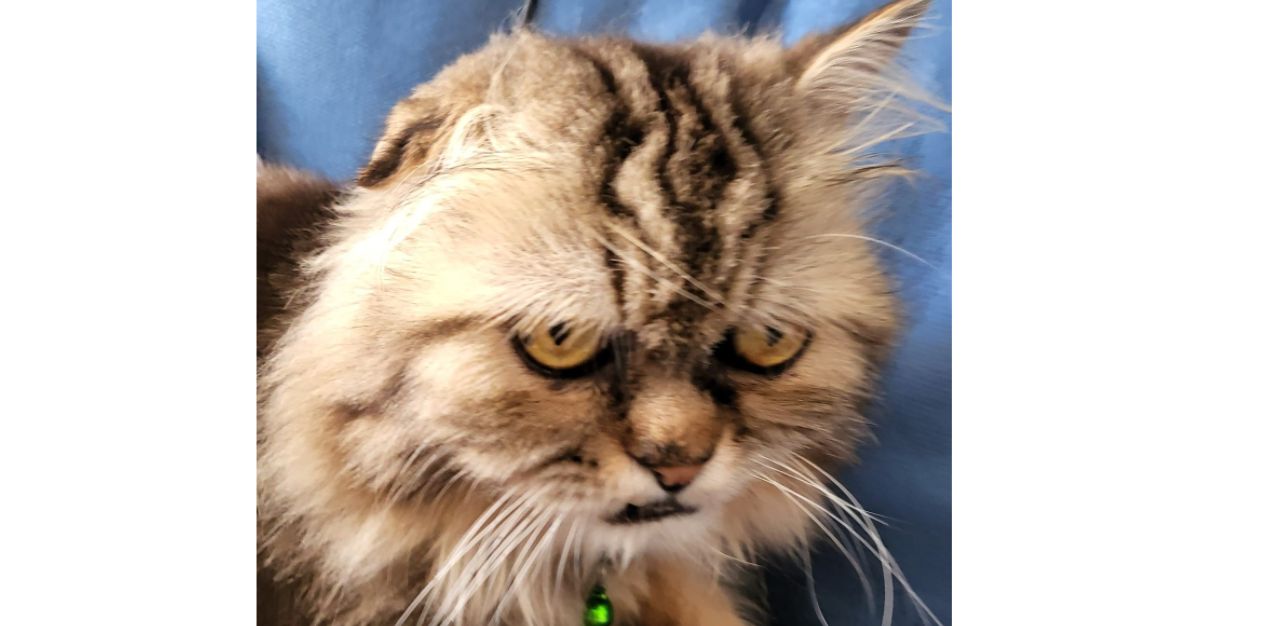
A multi-factor problem resulting in higher prices
Ms Lim, who is in her late 40s, says that the veterinary clinics she visits have informed her that the hikes are due to a variety of situations. They include supply chain disruptions due to the Covid-19 pandemic, production costs of raw materials, costs of regulatory documentation and processes, and staffing.
Ms Lim adds that KC & Watson FE, which supplies Hills Diet pet diets in Singapore, confirms these reasons.
Confirming this further, one veterinarian tells TheHomeGround Asia on conditions of anonymity, ‘’The supply chain disruptions from the Covid-19 pandemic have led to shortages of supply and higher delivery costs. Veterinary clinics also factor in staff costs and rental costs, which are not included in online sales of the same items.’’
A Reuters report in July last year said pet owners worldwide struggled to track down certain foods from major retailers as the pet food sector grappled with the increased demand, putting a strain on the supply chain. This is, in turn, linked to the disruptions caused by the Covid-19 pandemic.
This upset also led to higher prices of basic foodstuff such as corn, soybeans and meat — major ingredients in both human and pet food — as well as higher transportation and labour costs.
Reports from the Pet Food Institute, a US industry group, said that costs of pet food ingredients have climbed between 8 and 20 per cent since the pandemic began, outpacing a 5.4 per cent jump in consumer prices that occurred within the 12 months leading to June 2021.
Even basic pet diets are also more expensive compared to a year ago.
‘’One kilogramme of Sadia chicken for my cats used to cost about $8 but now it retails at about $16,’’ Ms Lim says.
Despite the higher prices, many pet owners, especially those who have chronically ill or ailing pets, still fork out the money for the treatments in the hope of recovery of their beloved pets.
Mr D.C. Chua, whose cat has kidney disease, says: ‘’It is painful to see my cat suffer without her dialysis treatments and special diet. She is like family, and I can’t bear to see her go now, so I am willing to pay the cost for the diets and treatments to see her live longer.’’
Basic essentials cost more too
The price hikes are also seen in other essentials such as antibiotics, surgery, vaccinations and even kitty litter.
‘’Eight packets of Tofu kitty litter used to cost $42. Today, just one packet can cost between $9 and $12. A well-known liquid antibiotic from Japan was $30 for under 30ml, now it costs $100 for a 50ml bottle,’’ Ms Lim says.
She adds that LactoGold, a well-known probiotic supplement for both cats and dogs, costs $40 for 10ml at a veterinary clinic, compared to an online price of $40 for 80ml.
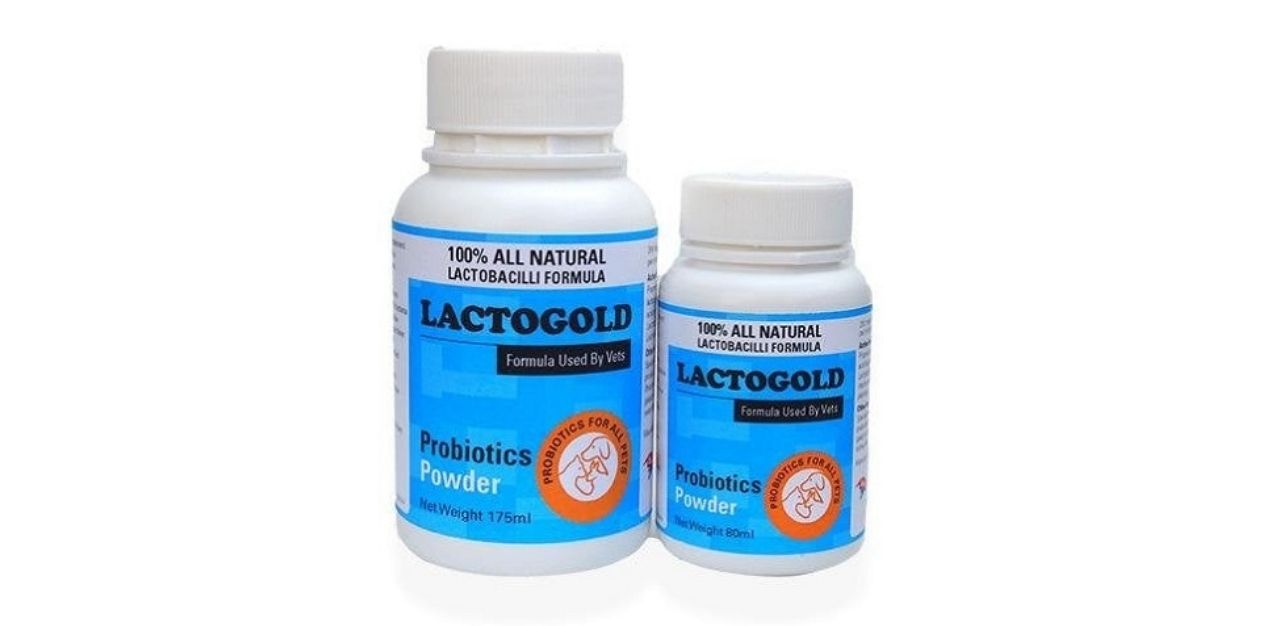
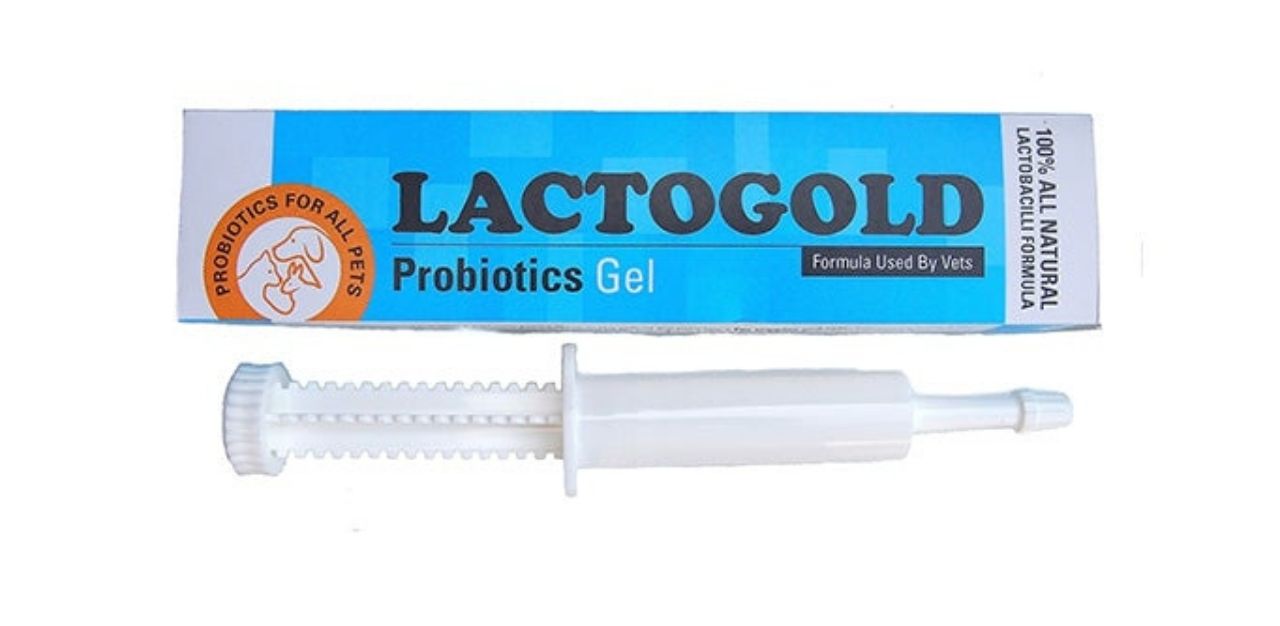
The price of doxycycline tablets, an antibiotic for humans as well as dogs and cats, doubled from $1 a tablet to $2 at the veterinary clinics.
Regulation of prices
Even consultation charges soared. What used to be between $35 and $45 before the pandemic hit is between $55 and $80 today.
“Testing strips for animals were about $25 for a pack of 10 strips. Today a pack of 25 strips costs about $100,” says Ms Lim, who wonders what the rationale behind such drastic mark-ups is.
“I can understand a 10 per cent or even a 15 per cent rise is necessary, but high mark-ups just make no sense. Many pet owners are unable to afford the high costs and they tend to settle for cheaper and less effective treatments, or no treatment at all!” she adds.
Ms Lim feels that consultation fees at veterinary clinics should be regulated by an organisation like the Singapore Medical Council for doctors. Unfortunately, no such regulatory body exists for veterinary clinics and veterinarians in Singapore, leaving a free rein over consultation costs.
A Consumers Association of Singapore (CASE) spokesman says they have not received any enquiries or complaints about price hikes for pet prescriptive diets or services between 2019 and 2021.
TheHomeGround Asia approached the Singapore Veterinary Association for information on a governing body but SVA did not respond by publication time.
The veterinarian who agreed to speak says veterinary clinics in Singapore use their own discretion to set consultation fees and prices of special diets and other services but does not think that there is any cashing in on the concerns of owners for their pets’ recovery and says, “Some more expensive diets are usually recommended by veterinarians for the ailments concerned, so that justifies the prices. Regulation of prices would be beneficial as prices are not constant among clinics for even the same diet. Consultation costs should also be regulated to give better value across veterinary clinics in Singapore.”
Join the conversations on TheHomeGround Asia’s Facebook and Instagram, and get the latest updates via Telegram.


